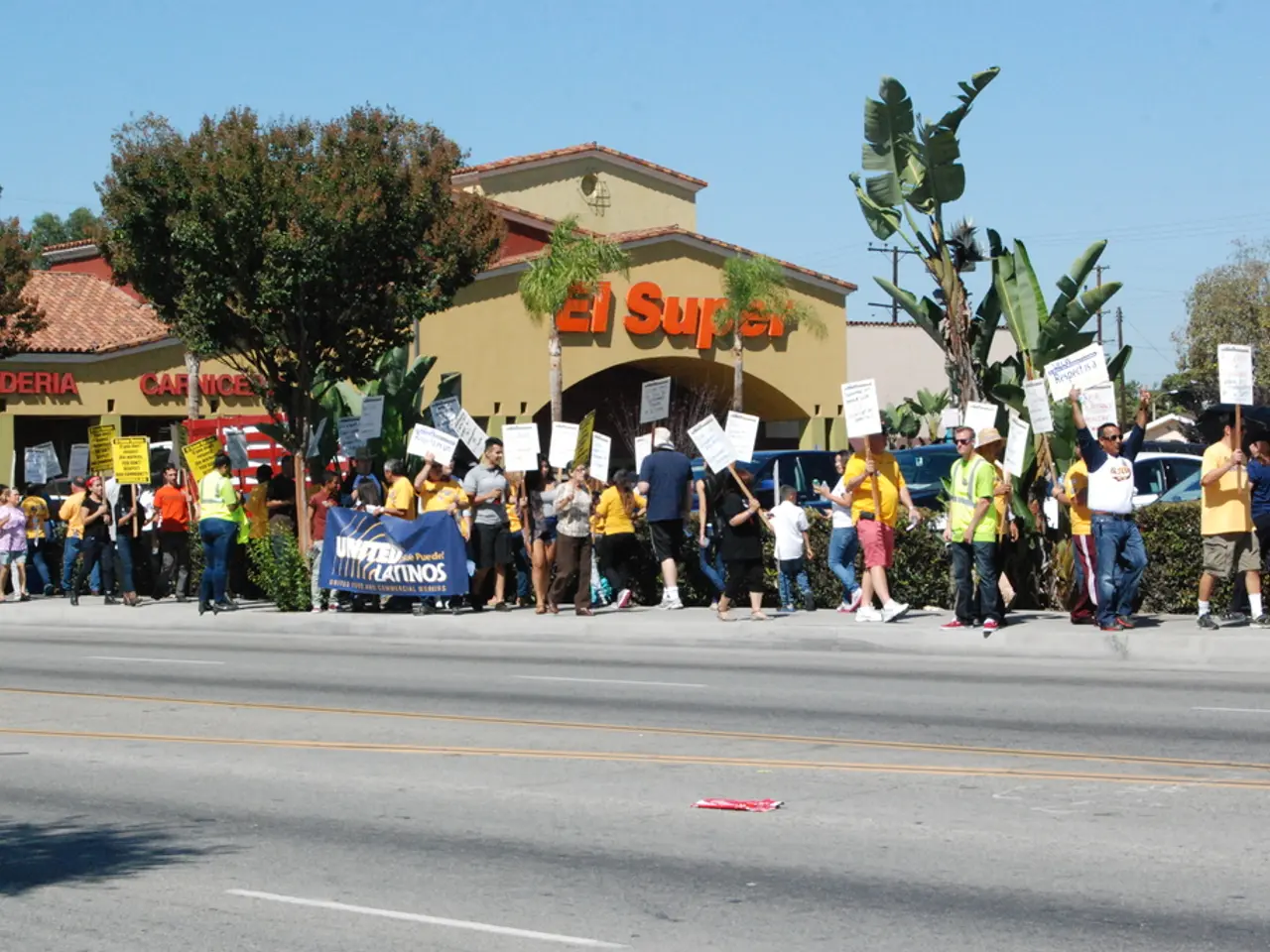UK to Grant Eligibility for Parliamentary Voting from the Age of 16 for Citizens
In a significant move towards youth empowerment, the UK Labour government has announced plans to lower the voting age for parliamentary elections from 18 to 16. This decision, if implemented, would make the UK one of the few countries to do so for parliamentary elections.
This shift in policy is inspired by the belief that 16 and 17-year-olds are old enough to work and pay taxes, and thus, they should have the right to vote. Prime Minister Keir Starmer advocates this view, stating that young people should have a say in where the government spends money and what direction it takes.
The UK's plans to lower the voting age are not unique. Several other countries, including Austria, Argentina, Brazil, Ecuador, Cuba, Malta, Scotland, Germany, Norway, Denmark, and Estonia, already allow 16-year-olds to vote in parliamentary or national elections. Austria was the first EU country to lower the voting age to 16 in 2007.
The move to lower the voting age is a response to a global trend towards youth enfranchisement. Many countries are discussing or implementing reforms to engage younger voters. This is particularly important in light of the low voter turnout that some observers see as a crisis in British democracy.
However, the proposal to lower the voting age is controversial. Critics accuse the government of self-interest, as young people tend to favor the Labour Party. The previous Conservative government's requirement for the presentation of a photo ID in polling stations led around 750,000 people not to vote in the 2024 parliamentary election. To address this issue, the UK government plans to accept bank cards as identification in polling stations.
In Germany, young people can vote in state and local elections from the age of 16, but the minimum voting age for federal elections remains 18. This inconsistency is a topic of ongoing debate in Germany.
The UK's decision to lower the voting age for parliamentary elections follows the examples set by these countries and marks a significant step towards youth enfranchisement. The Electoral Commission will oversee the implementation of this change, and it is expected to be introduced in parliament, where the government has a comfortable majority.
[1] For more information on this topic, please refer to the UK government's official announcement.
The UK Labour government's decision to lower the voting age for parliamentary elections to 16 aligns with the general global trend of youth enfranchisement. This move, similar to many policy-and-legislation changes in other countries like Austria and Scotland, is a response to the belief that young people should have a say in policy-making, given their involvement in vocational training and tax contributions. The implementation of this change, overseen by the Electoral Commission, may lead to increased youth participation in general-news matters and the political landscape.








